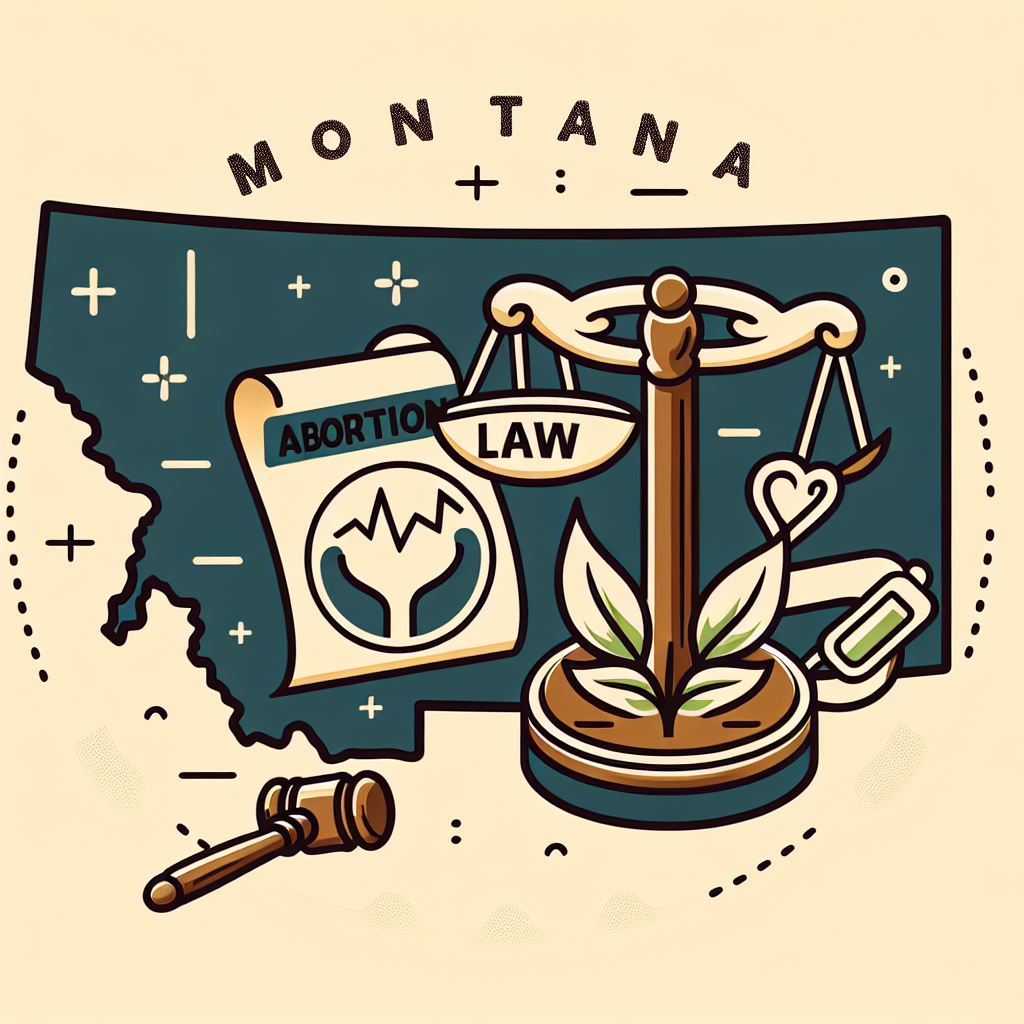Legal Clash Averts Florida Immigration Law Enforcement
The U.S. Supreme Court upheld a block on Florida's controversial immigration law that criminalizes entry into the state by undocumented immigrants. State officials' request to enforce the law was denied, as it likely conflicts with federal immigration policy. The court's decision affirms states' limited jurisdiction over immigration matters.

The U.S. Supreme Court has upheld a judicial block on a Florida law making it illegal for undocumented immigrants to enter the state, leaving the Republican-crafted law unenforceable for now. The court denied Florida officials' request to lift an order preventing arrests and prosecutions under the measure while it faces legal challenges in lower courts.
The court's decision, issued in a brief unsigned order without noted dissents, highlights a legal clash over states' authority on immigration. U.S. District Judge Kathleen Williams found Florida's law likely unconstitutional, citing federal exclusivity in immigration policy. Florida's request was supported by conservative group America First Legal, founded by former Trump aide Stephen Miller.
Passed by the Florida legislature and signed by Governor Ron DeSantis in February, the measure sets minimum sentences for immigrants entering Florida without following federal rules. Despite the law's intentions to align with federal policies, critics argue it disregards specific federal exemptions for certain immigrants and humanitarian cases.
(With inputs from agencies.)










